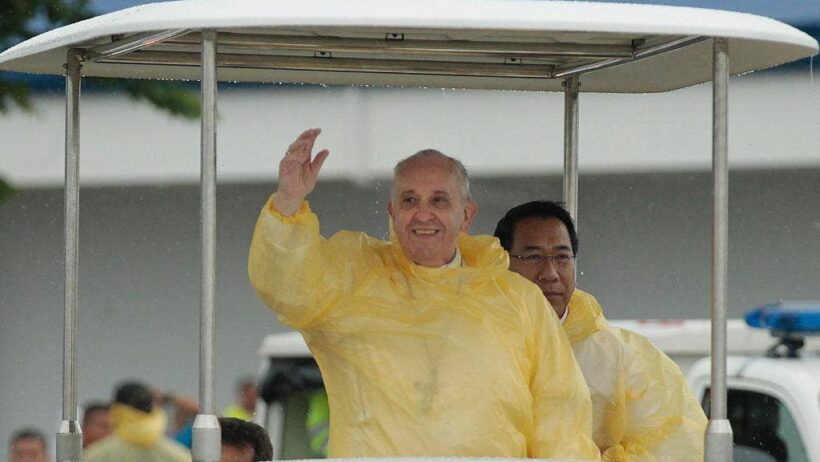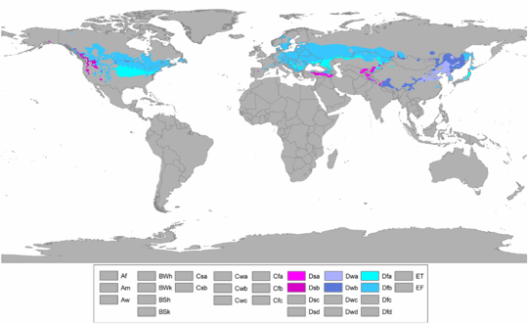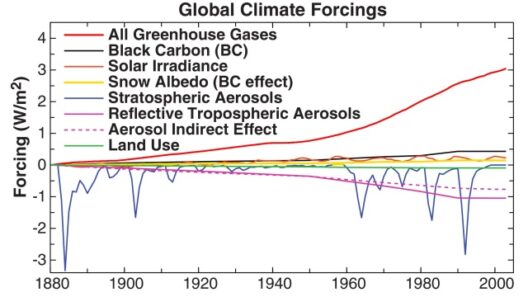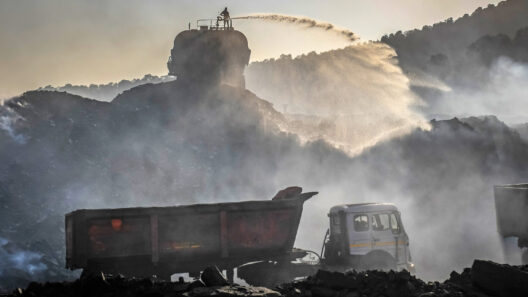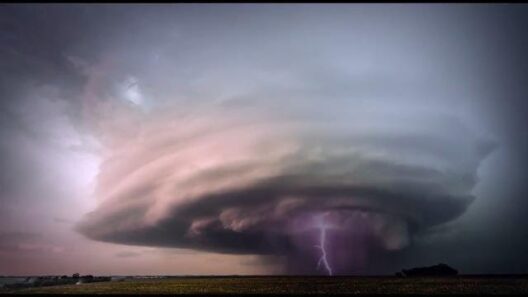Global warming, an insidious phenomenon characterized by the gradual rise in Earth’s average surface temperature due to increased concentrations of greenhouse gases, has spurred widespread debate across various sectors. Among the entities engaging with this critical issue is the Catholic Church, whose views on environmental stewardship, particularly in the context of climate change, are both profound and multifaceted. The Church’s engagement with global warming reflects a broader acknowledgment of the moral imperatives involved in ecological preservation and social justice.
For many, the Church’s pronounced teachings on this subject may come as an unexpected revelation. Traditionally perceived as an institution concerned primarily with spiritual and dogmatic matters, the Catholic Church has in recent years emerged as a vocal advocate for environmental issues. This shift does not stem from mere societal pressure or popular trend. Instead, it encapsulates a deeper underlying conviction intertwined with Catholic doctrine that emphasizes the sanctity of creation.
The origins of the Church’s engagement with environmental issues can be traced back to the papacy of John Paul II, who articulated the need for ecological awareness. In his encyclical “Sollicitudo Rei Socialis,” he beseeched humanity to recognize our responsibilities not only toward each other but also towards the Earth, which sustains us. This foundational perspective laid the groundwork for subsequent papal teachings and the evolution of Catholic ecological theology. The fervor for this cause was further amplified by the release of “Laudato Si’,” an encyclical penned by Pope Francis in 2015. This document poignantly addresses climate change and ecological degradation, unequivocally linking the phenomenon to human activity and its moral consequences.
In “Laudato Si’,” Pope Francis deftly articulates that climate change is not merely an environmental issue; it is a profound moral challenge that requires reflective thought and collective action. The encyclical calls upon all people, irrespective of their faith, to unite in an effort to protect our planet and to mitigate the deleterious effects of global warming. The directive exudes an undeniable urgency; it harnesses scientific findings to advocate for a more sustainable world while simultaneously invoking spiritual and ethical considerations.
This appeal to moral responsibility resonates strongly within the Catholic ethos, as it underlines the notion that God entrusted humanity with the stewardship of His creation. The Church posits that neglecting this duty can lead to dire consequences not only for the natural world but also for vulnerable communities that disproportionately bear the brunt of environmental degradation. An inconvenient truth underscored by the Church is that the most marginalized populations—especially in developing countries—are often the most affected by climate-related disasters, such as droughts and floods. This intersection of environmental justice and social equity encapsulates the Catholic Church’s holistic approach to addressing global warming.
In acknowledging the scientific consensus on climate change, the Catholic Church also emphasizes the importance of dialogue between science and faith. This approach cultivates a collaborative ethos rather than a confrontational one, allowing for a broad coalition of actors—including scientists, faith leaders, and policymakers—to unite in the common cause of environmental stewardship. Moreover, the Church’s stance advocates for substantial action that extends beyond mere words. This includes a call for transitioning towards renewable energy, reducing waste, preserving biodiversity, and promoting sustainable agricultural practices.
The Church acknowledges that addressing climate change will necessitate significant changes in personal behavior and collective policy decisions. Adopting practices that reflect a commitment to sustainability, such as minimizing carbon footprints and supporting eco-friendly initiatives, is an expectation placed upon the faithful. The notion of “Care for Our Common Home” serves as both an appeal to the faithful and a reminder that each person’s actions contribute to a larger interdependent system. By fostering a spirit of accountability and stewardship, the Catholic Church aims to inspire a more profound commitment to environmental ethics among its adherents.
A salient observation within this discourse is how the Catholic Church’s advocacy for climate action parallels its broader mission of social justice. The theme of creation care, while inherently ecological, intersects substantially with issues of poverty, inequality, and human rights. As the Church draws attention to the intricate ties between environmental degradation and social injustice, it illuminates the inherent dignity of every human being, asserting that caring for the environment is inseparable from caring for our fellow humans.
Despite this progressive trajectory, challenges remain. Within Catholicism, diverse opinions may exist regarding the urgency and extent of action needed to combat climate change. Some may express skepticism, viewing environmental activism as a departure from traditional priorities. However, emerging voices within the Church continue to reaffirm that environmental stewardship is not an ancillary concern but a vital aspect of faith that resonates with core Christian teachings.
Ultimately, the Catholic Church’s stance on global warming encapsulates a striking evolution towards an integrated approach, merging spirituality with environmental responsibility. Through its teachings, the Church not only acknowledges the reality of climate change but also calls upon believers to act decisively in its mitigation. This emphasis on moral responsibility, social justice, and ecological stewardship reflects the Church’s commitment to ensuring a livable planet for future generations. In this regard, the message is clear: addressing climate change is not merely an environmental imperative; it is an essential expression of faith and humanity’s sacred duty to protect creation.


